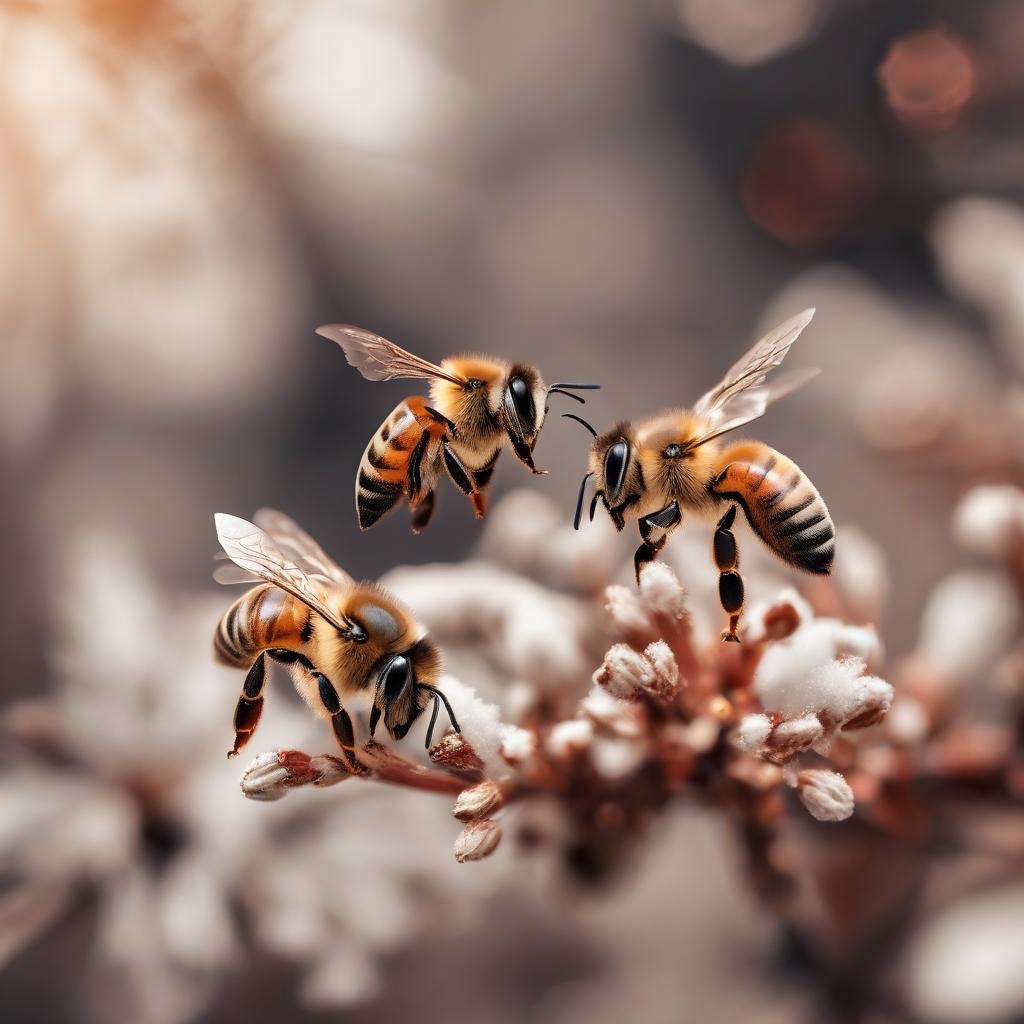Seasonal Bee Inspectors
The Seasonal Bee Inspector contact information is available during the summer season (starting of April to end of September) on BeeBase at www.nationalbeeunit.com/contact-us/.
Regional Bee Inspectors (Hampshire)
During the rest of the year, it will only display the Regional Bee Inspectors’ contact details.
Please remember that the Seasonal Bee Inspectors are not paid by the National Bee Unit (NBU) from October through to the end of March and therefore are unlikely to reply to any messages left at that time of year.
Daniel Etheridge
daniel.etheridge@apha.gov.uk
Tel No: 07979 119376
Pests & Diseases Information Sources
- American Foulbrood
- European Foulbrood
- Tropilaelaps
- Small Hive Beetle
- Yellow Legged Asian Hornet
- Varroa Mite
Statutory procedures for foulbrood or exotic pests
The following is taken and paraphrased from the National Bee Unit’s document entitled “Statutory Procedures Advisory Leaflet”, available at their Advisory Leaflets, Training Manuals & Fact Sheets web page.
Apiary inspections and Bee Inspectors
Beekeepers have a responsibility to inspect their bee colonies regularly for signs of pests or serious diseases.
Bee Inspectors are experienced beekeepers who have been trained to identify and control pests and diseases and provide help and advice. They will deal with suspected diseases and pests reported by beekeepers as promptly as conditions allow, working alongside beekeepers.
You have a statutory obligation to report suspected foulbrood or an exotic pest immediately to your bee inspector. Contact details can be found HERE. If the bee inspector has reason to suspect foulbrood or an exotic pest, he or she will immediately issue the beekeeper with a Standstill Notice.
A standstill Notice prohibits the beekeeper from moving any bees, equipment or hive products from the apiary.
An apiary inspection report and the inspector’s recommendation are sent to the NBU laboratory.
The Standstill Notice remains in force until statutory control measures have been satisfactorily completed and the apiary declared apparently disease free. This is for a minimum of six weeks but may last for many weeks, depending on the circumstances. The apiary will be re-examined and, if found to be clear of notifiable disease, a Withdrawal of Standstill Notice will be issued to formally end the Standstill Notice.
During the standstill period the beekeeper will be able to move beekeeping equipment they need to look after the colonies onto the site. However, no equipment, bees or honey may be removed from the site while the Standstill Notice is in place.
In special cases a Licence can be approved by the Regional Bee Inspector to allow ripe honey to be harvested or colonies to be moved to a new standstill site or hospital apiary if, for example:
- The apiary is vulnerable to insecticide spraying operations.
- The beekeeper has died, and the bees must be moved.
- The beekeeper needs to remove honey before winter.
- A colony of bees is required to be destroyed because of foulbrood infection and cannot be burned in the apiary.
- The landowner requests colonies to be moved.
- There are issues with bees stinging neighbours.
- There is a sale of the property on which the apiary is sited.
- Combs from an infected apiary are to be Gamma irradiated.
The local Bee Inspector can provide advice as required.
If European foulbrood (EFB) is confirmed
If EFB is confirmed following the issue of a Standstill Notice, either a Treatment Notice or a Destruction Notice will be issued, which will explain the beekeeper’s responsibilities and the action that will be taken. Possible actions for the control of EFB are destruction, shook swarm and antibiotic treatment (the latter is rarely applied). The recommended action will depend, for example, on the time of year, the level of infection in the affected colonies and colony strength. The Bee Inspector may recommend one of the three options to control EFB.
The NBU Inspectorate is on hand to provide practical advice on the appropriate options available to deal with EFB, minimise spread and the risks of disease recurrence.
Destruction Notice
In general, a Destruction Notice is issued for heavily infected EFB colonies if the percentage of diseased larvae in the sample comb, and the percentage of apparently infected open brood in the colony, is 50% or greater.
In addition, a Destruction Notice will also be issued for a colony in which treatment has previously been ineffective whatever its condition or level of infection. A recommendation by the Bee Inspector for destruction will not normally be reversed but the beekeeper can choose destruction instead of other treatment recommendations if they wish.
